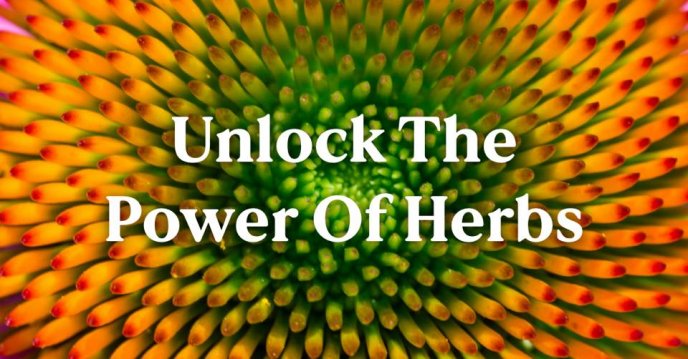Herbal Medicine: Ancient Wisdom Meets Modern Science

Herbs are part of everyday life, whether it's oregano in spaghetti, cinnamon in baking, chamomile tea for relaxation, or turmeric supplements for joint health.
What is Herbal Medicine?
Herbal medicine is the therapeutic use of plant preparations to help prevent disease, enhance health, and alleviate suffering. Archaeological evidence shows that medicinal plants have been used for over 60,000 years.
Herbs in Modern Pharmaceuticals
Many pharmaceuticals available to physicians today originated as herbal remedies, including artemisinin, opium, aspirin, digitalis, and quinine. Over 7,000 medical compounds in modern drugs are still derived from plants and plant derivatives.
Global Use of Herbal Remedies
The World Health Organization estimates that 70-95% of people in developing countries rely on traditional medicine as their primary form of healthcare.
In Germany, prescription drugs are sold alongside essential oils, herbal extracts, and herbal teas, with many consumers preferring these natural treatments over industrially produced medicines.
In India, herbal treatments are widely popular. The government established a dedicated department under the Ministry of Health & Family Welfare and created The National Medicinal Plants Board to manage the herbal medical system.
In New Zealand, plant medicine was taught at medical schools through the middle of the 20th century. Before synthetic drugs emerged in the late 19th century, physicians used safe and effective plant medicines to treat patients.
Modern Herbal Medicine Approaches
Contemporary herbal medicine blends traditional herbal knowledge with modern medical science. This combination allows customers to benefit from both approaches.
Medicinal plants contain nourishing nutrients (naturally occurring vitamins, minerals, trace elements) and unique phytochemicals that effectively rebalance and strengthen human physiology. Unlike vitamin supplements that address nutritional gaps, herbs provide additional deeper and long-term health benefits.
Rising demand for herbs to support mental health, cognitive function, eye health, insomnia, stress management, and gastrointestinal conditions is expected to increase botanical supplement use. Growing concerns about adverse effects of modern medicines are also promoting botanical extracts as dietary supplement ingredients.
Nature's Sunshine: Herbal Experts Since 1972
Nature's Sunshine made history as the first company to encapsulate herbs. For 50 years, the company has delivered herbal remedies to millions of customers worldwide.
Trusted Ingredient Sourcing
Premium quality begins with pure, potent, and sustainably sourced ingredients. Nature's Sunshine visits source locations to examine fields, monitor harvest practices, and inspect quality and processing techniques.
Each product is manufactured and tested against rigorous standards, undergoing over 600 quality and purity tests for heavy metals, radiation, pathogens, herbicides, and pesticides.
Scientific Research and Development
The Nature's Sunshine Medical and Scientific Advisory Board includes world-renowned medical professionals, researchers, and scientists who drive product innovation and development. All formulations undergo clinical studies to confirm safety and efficacy.
All Nature's Sunshine products are developed, manufactured, tested, and packaged in state-of-the-art facilities to meet stringent global expectations and regulations.
Environmental Commitment
Nature's Sunshine maintains strong commitments to sustainable and ethical practices. Core brand values include fair trade, carbon neutrality, GMO-free ingredients, and 100% recyclable packaging.
Product Range
Nature's Sunshine offers products for everyone, from everyday essentials to targeted healthcare solutions. Their pure, potent, and proven formulations deliver trusted products and results.

